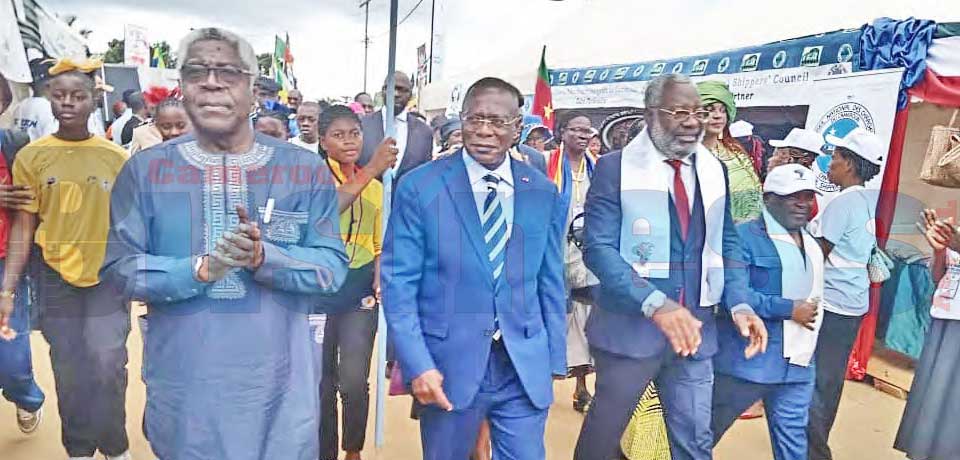Africa’s role in the global energy transition is at a key turning point, finance and business leaders said in London on Thursday, with the potential to leapfrog ahead in green energy with the right funding and support. The continent is rich in the commodities needed for the green energy transition and has abundant solar power, but many governments are also burdened with cripplingly high debts. «I think, for the first time, it’s not about Africa going to a COP with an ask, it’s Africa going to a COP with an offer,» Bezos Earth Fund CEO Andrew Steer said at the Reuters Impact conference in London, referring to the COP28 climate summit in November. Africa is responsible for just 4 per cent of the world’s greenhouse gas emissions, but suffers from some of the biggest impacts of climate change. Africa leads the push for an inclusive energy transition. But the debate rages: rapid fossil fuel exit or gradual shift? The global debate surrounding decarbonisation and a just energy transition has surged in relevance as nations worldwide explore inventive approaches to fulfil their net-zero commitments. This discourse has been particularly prominent in Africa, as the continent grapples with the challenge of alleviating energy poverty amidst a rapidly growing population projected to reach at least 2.4 billion by 2050, exerting pressure on existing energy resources. All the while, Africa has been striving to leverage energy as a catalyst for economic development. In Sub-Saharan Africa, over 600 million people lack access to electricity, and nearly 900 million do not have access to clean cooking fuels and technologies. Yet Africa possesses a vast array of clean energy sources, including abundant sunlight and strong winds, which, if harnessed effectively, have the potential to provide power to homes and industries. To address the issues stemming from energy poverty, which is recognised as a major obstacle to Africa’s transformation goals outlined in the economic roadmap, the African Union has taken the lead in promoting a transition to renewable and clean energy sources. This effort, encapsulated in the African Common Position on Energy Access and Just Energy Transition, emphasises an inclusive approach to ensure that no one is left behind. The position vouches for a gradual shift from the conventional sources of energy to renewable ones in order to meet the growing energy demand...
- Fil Eco
- Enquête de la semaine
-
Marchés & FINANCES
-
Marchés
-
Finances
-
-
Cahiers de l'entreprise
-
Catégories
-
-
-
-
-
- Made in Cameroon
- Débats et analyses
- World Business
















Commentaires